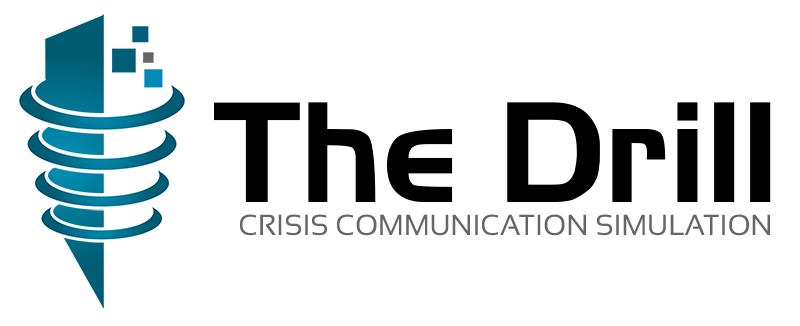Why Crisis Simulations Are Like Vaccination Shots
Many months ago – contemplating whether or when to get a COVID jab – a professional pal shared what his doctor had told him: the best vaccine to get is the one that’s currently available. And the best time to take one is before the ailment hits you. It helped immensely with my decision-making and, so, off I trotted.
Recently, we got word we’d won a competitive pitch to run crisis management drills for an internationally recognised Australian brand. However, the client’s communications chief broke the good news with a big question on the best time to run the planned crisis simulation exercises.
Naturally, my inner sales animal yelled “Now, NOW – tell them they have to do it NOW!” Yet, the ethics-minded consultant in me felt compelled to better understand the client’s deliberations and, maybe even, their dilemma. So I probed further to understand their crisis management planning requirements.
Apparently, they are a few key bodies light of their ideal crisis management team, which makes the chief concerned that running crisis simulations now, doesn’t allow all the ‘A-team’ to be present for the training. And while they’re actively recruiting, their full complement could take some time to finalise.
However, they also admit the current (very capable) crew doesn’t have an updated or practiced methodology for how to best handle a potentially national/global brand-related digital crisis scenario. Nor have they yet appointed or retained a crisis ‘activation agency’ who can deploy and support their under-resourced team should a crisis communications scenarios hit today, this week or next month.
However, this brand ALSO has several rather live issues – with potential to cause operational and reputation problems – across the world. So, when’s the best time to run a crisis audit, crisis test or crisis rehearsal?
Well, you can compare a crisis simulation to the vaccine: it’s inconvenient, it takes time from BAU and it makes you feel sore or bruised afterwards. But after you’ve had it, there’s better protection against damage.
I can see the case for any business to wait until the full complement of staff is available. However, there’s no guarantee a full crew will be available the day any future crisis hits! Surely it makes sense for 70%+ of your team to have a practiced and rehearsed crisis plan set down, the keys of which can be briefed and imparted to the new hires? That’s like building your crisis team ‘herd immunity’. In the meantime, it’s prudent to activate an agency retainer to cover any skills and support gaps currently existing (a bit like having your own infections doctor on a hotline to support you should you get a nasty bout of crisis-virus).
The COVID vaccine saw some hold off from taking it even though it was immediately available, preferring instead to wait until things or options were ‘perfect’ before committing to taking precautions. There will always be reasons to defer or decline taking of preventive medicine; some have genuine validity, others maybe less so: A skills shortage is a very real issue and presents a valid concern to business and industry alike. But holding off a crisis plan until any and all new people are on board is waiting for ‘perfect’ conditions in the future, rather than getting the jab before the ailment hits.
Running your crisis simulation scenarios today won’t entirely stop a crisis hitting your business; it doesn’t render you 100% immune from issues, risks or threats. Yet reflecting from the sage doctor mentioned in my intro – and from my years as a crisis management specialist and crisis trainers – the best time to get a crisis-vaccinated simulation is before you face a real one that could have seriously adverse consequences.
